Vegan Recipes for Athlete Nutrition: Unlock Peak Strength Naturally

Why Athletes Are Turning to Vegan Nutrition
In recent years, the surge in plant-based living has extended beyond the average health-conscious individual and taken root in the athletic community. More and more elite and amateur athletes alike are exploring vegan recipes for athlete nutrition — and not just for ethical reasons. They’re discovering that a well-planned vegan diet can enhance endurance, boost recovery, and support overall performance.
With the proper balance of plant-based proteins, complex carbs, healthy fats, and essential micronutrients, athletes are finding that vegan meals can meet their high-energy demands without compromising strength or stamina. The myths about athletes “needing meat” are being challenged daily by runners, lifters, cyclists, and even bodybuilders who’ve gone green—and are thriving.
This article will serve as a comprehensive guide to vegan recipes for athlete nutrition, offering insights into what makes these meals powerful, nutritious, and performance-enhancing. Whether you’re a full-time vegan or just exploring special diet recipes for athletes, you’re about to find that your next power-packed meal might come from plants.
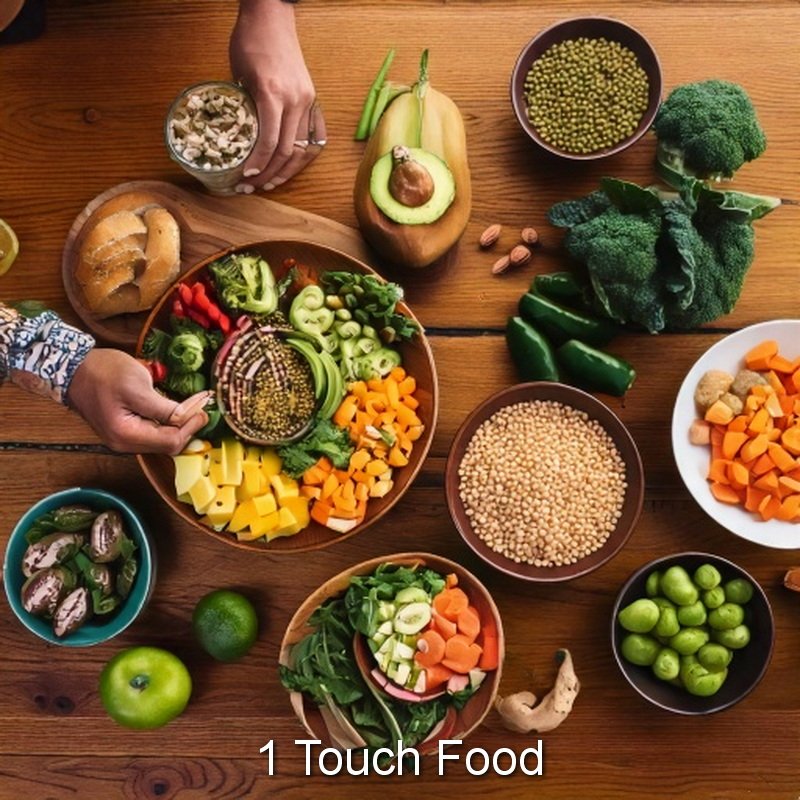
What Is Vegan Nutrition for Athletes?
Transitioning to a plant-based diet as an athlete is more than just skipping animal products. It’s about strategically combining vegan ingredients to meet the unique nutritional demands of active individuals. Vegan recipes for athlete nutrition are designed to provide all essential nutrients—without relying on meat, dairy, or eggs.

Key Components of Vegan Athlete Nutrition
-
Plant-Based Proteins: Sources like lentils, chickpeas, quinoa, tofu, tempeh, and seitan are rich in protein and amino acids critical for muscle repair and growth.
-
Complex Carbohydrates: Whole grains, root vegetables, fruits, and legumes help sustain energy during training and accelerate post-workout recovery.
-
Healthy Fats: Nuts, seeds, avocado, and coconut provide essential fats that support hormone production and reduce inflammation.
-
Micronutrients: Iron, calcium, B12, zinc, and omega-3s are closely monitored in vegan diets to ensure optimal performance and energy metabolism.

Veganism and Athletic Goals
Vegan athlete diets are anything but restrictive. From building muscle to increasing cardiovascular endurance, these plant-based plans are adaptable. Athletes often customize their recipes to include calorie-dense foods, superfoods like chia or hemp seeds, and protein-rich ingredients to stay in top form.
The key is thoughtful meal planning—balancing macronutrients while meeting the caloric demands of training. When done right, vegan recipes for athlete nutrition can rival, and even surpass, traditional diets in effectiveness.
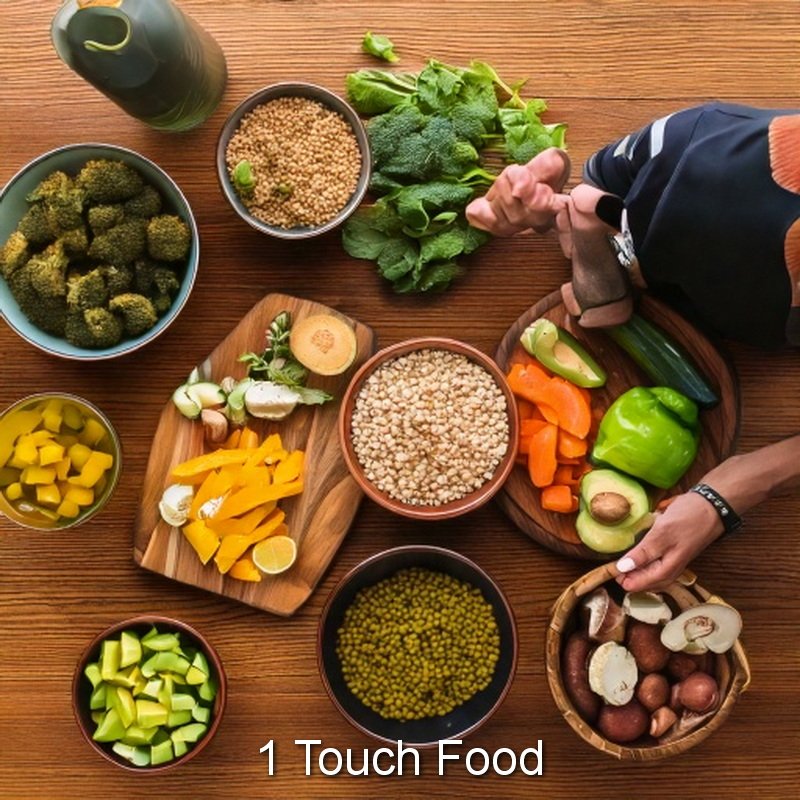
Benefits of Vegan Recipes for Athlete Nutrition
As research continues to support the link between plant-based eating and physical health, athletes are increasingly embracing this approach—not just for longevity, but for performance.
1. Improved Recovery Time
Many vegan foods are naturally anti-inflammatory. Ingredients like berries, leafy greens, turmeric, and omega-3-rich flaxseed can help reduce post-workout soreness and inflammation. This allows athletes to recover faster and train more consistently.
2. Enhanced Cardiovascular Health
A vegan diet is typically lower in saturated fats and cholesterol, which can lead to better heart health. Improved blood flow means more oxygen is delivered to muscles during performance—an undeniable edge for endurance athletes.
3. Lean Muscle Maintenance
Despite common misconceptions, building and maintaining muscle on a vegan diet is entirely possible. High-protein plant foods and supplementation with BCAAs or vegan protein powders can support strength training goals.
4. Digestive Efficiency and Energy Levels
Vegan diets are often high in fiber, supporting digestive health and regularity. Additionally, complex carbs from plant sources offer sustained energy, helping athletes avoid energy crashes or sluggishness.
5. Ethical and Environmental Motivation
For many athletes, eating plant-based isn’t just about performance. It aligns with values related to animal welfare and environmental sustainability. Choosing special diet recipes for athletes that are also ethical is a win-win.
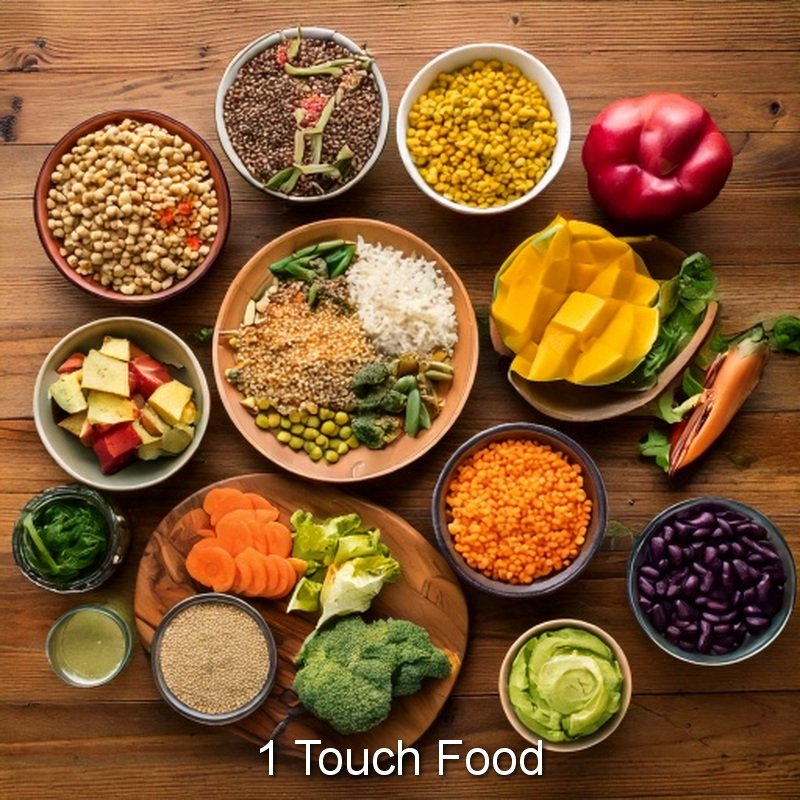
Special Diet Recipes for Athletes and Performance Nutrition
Fueling Performance with Special Diet Recipes for Athletes
As athletes push their bodies to the limit, nutrition becomes more than a matter of calorie intake—it becomes a form of strategic fueling. This is where special diet recipes for athletes come in. These aren’t just regular meals with fewer calories or more protein; they’re carefully constructed dishes designed to optimize performance, recovery, and overall physical health.
For plant-based athletes, special diets must address the same concerns: energy, macronutrient balance, and micronutrient sufficiency. However, they do so with plant-powered ingredients that can go toe-to-toe with conventional nutrition plans.
Why Special Diet Recipes Matter
Athletes following vegan or restricted diets must account for factors such as:
-
Protein needs for muscle growth and repair
-
Energy-dense meals to meet training demands
-
Micronutrient sufficiency, especially for iron, B12, calcium, and zinc
-
Digestibility and anti-inflammatory benefits for quicker recovery
Vegan special diet meals often feature legumes, grains, fermented foods, and vibrant fruits and vegetables that offer both fuel and healing in every bite. They’re naturally rich in antioxidants and phytonutrients, which help combat the oxidative stress caused by high-intensity workouts.

High-Performance Plant-Based Meals: Examples and Inspiration
To understand how special diet recipes for athletes come to life, let’s explore examples of high-impact vegan meals for different training phases:
Pre-Workout Energy Boosters
-
Banana-Oat Energy Bites
Made with oats, almond butter, chia seeds, and banana, these are great for a quick fuel-up before training. -
Sweet Potato & Black Bean Wraps
Rich in complex carbs and protein, they provide long-lasting energy.
Post-Workout Recovery Bowls
-
Quinoa Power Bowl
Quinoa, tofu, avocado, kale, and tahini dressing deliver complete protein, healthy fats, and essential minerals. -
Lentil-Spinach Curry with Brown Rice
Iron-rich lentils support red blood cell production, crucial for oxygen delivery during training.
Snack Options for Busy Schedules
-
Trail Mix with Pumpkin Seeds, Almonds, and Goji Berries
Packed with protein, healthy fats, and antioxidants. -
Smoothie with Pea Protein, Banana, Berries, and Flaxseed
Quick to make and highly customizable for nutrient variety.
These special diet recipes for athletes aren’t about limitation—they’re about optimization. Each recipe provides a nutrient-dense, plant-forward approach to athlete nutrition, maintaining the balance between performance, recovery, and long-term health.

Meeting Nutritional Demands on a Vegan Athlete Diet
While the benefits of vegan eating are clear, maintaining optimal performance as a plant-based athlete requires strategic nutrition planning. The goal is to support training and competition without deficiencies.
Protein and Amino Acids
One of the most common questions athletes ask when switching to a vegan diet is: “Where will I get my protein?” The answer lies in variety and combination.
-
Top Sources: Tofu, tempeh, seitan, lentils, chickpeas, hemp seeds, quinoa, and vegan protein powders (such as rice, pea, or soy-based).
-
Pro Tip: Combine grains and legumes (e.g., rice and beans) to form complete proteins when possible.
Iron and B12
Iron supports oxygen transport and endurance, while vitamin B12 is essential for energy and neurological function.
-
Plant-Based Iron Sources: Lentils, spinach, pumpkin seeds, and blackstrap molasses.
Combine with vitamin C sources (like citrus or bell peppers) to enhance absorption. -
Vitamin B12: Since B12 isn’t naturally found in plants, athletes should consume fortified foods or take supplements.

Calcium, Vitamin D, and Omega-3s
-
Calcium and D: Use fortified plant milks and leafy greens. Consider a supplement during low-sunlight months for vitamin D.
-
Omega-3s: Flaxseeds, chia seeds, hemp seeds, and walnuts offer ALA, a plant-based omega-3 fatty acid.
Hydration and Electrolytes
Active vegans should also be mindful of their fluid and electrolyte intake. Coconut water, bananas, leafy greens, and citrus fruits all help restore balance after intense sweat sessions.


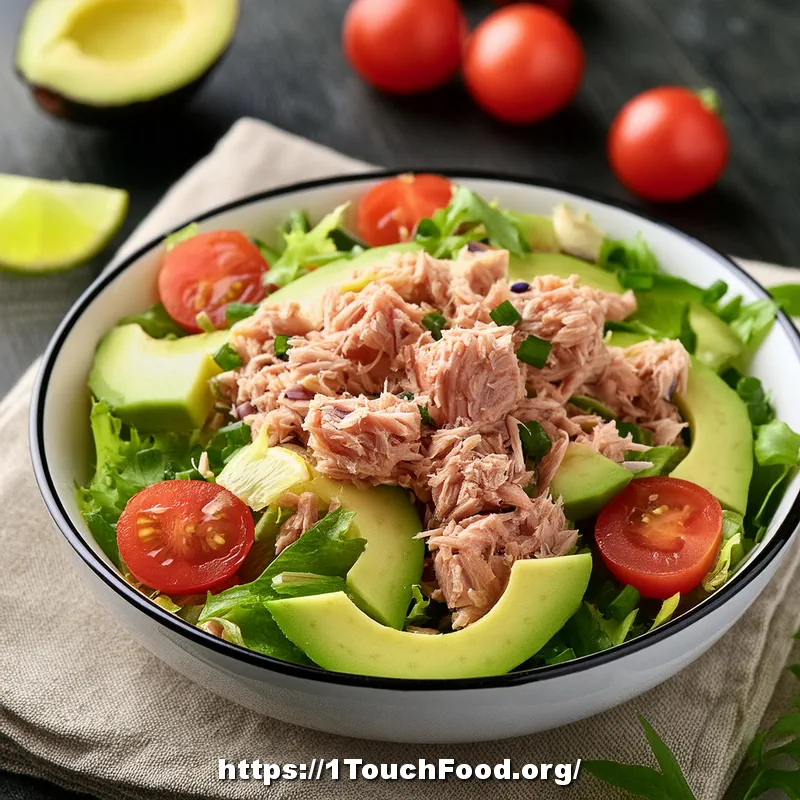
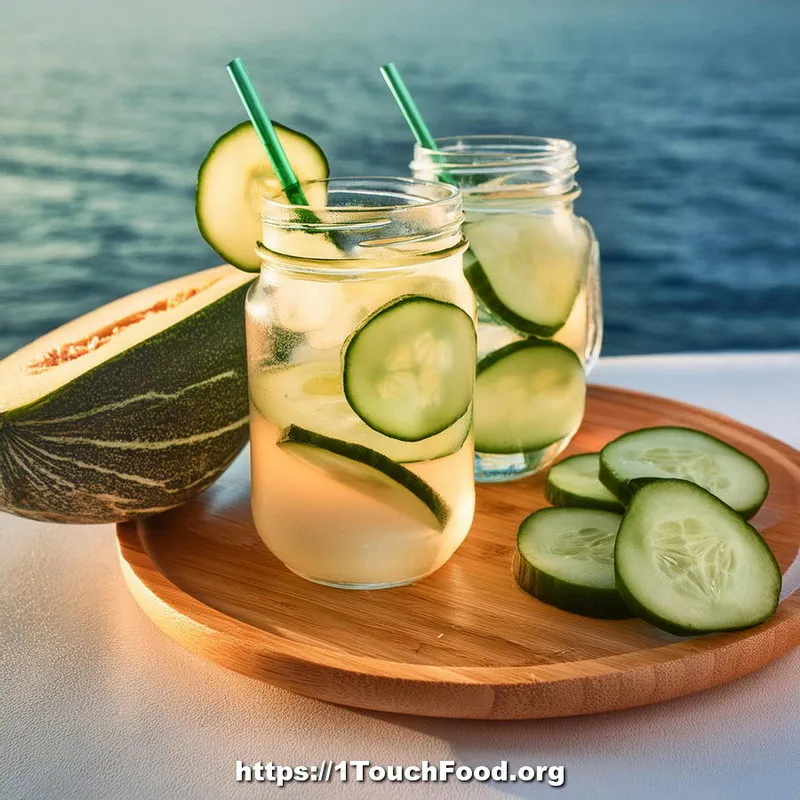

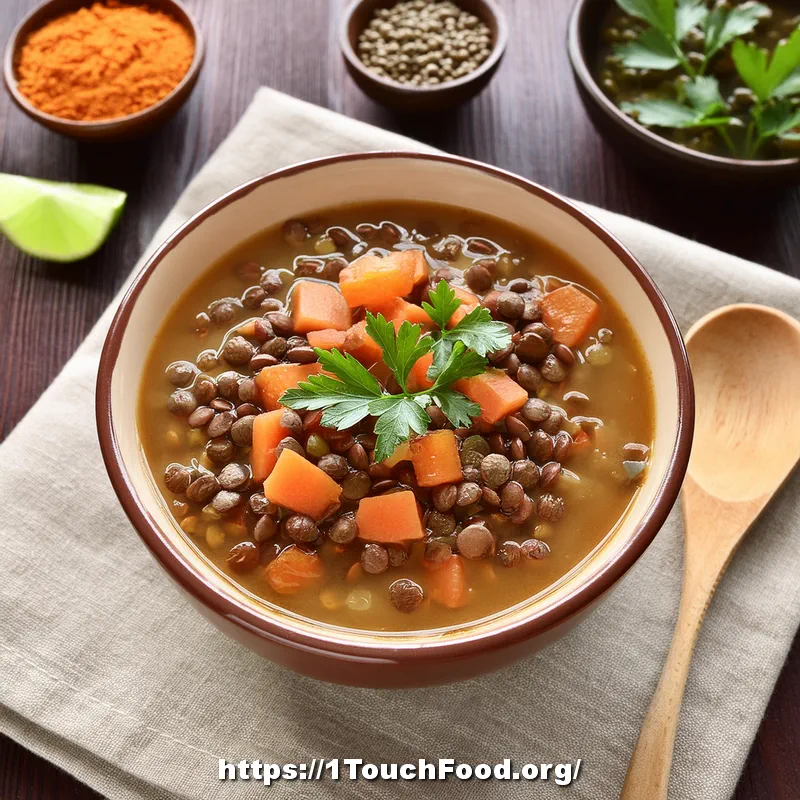

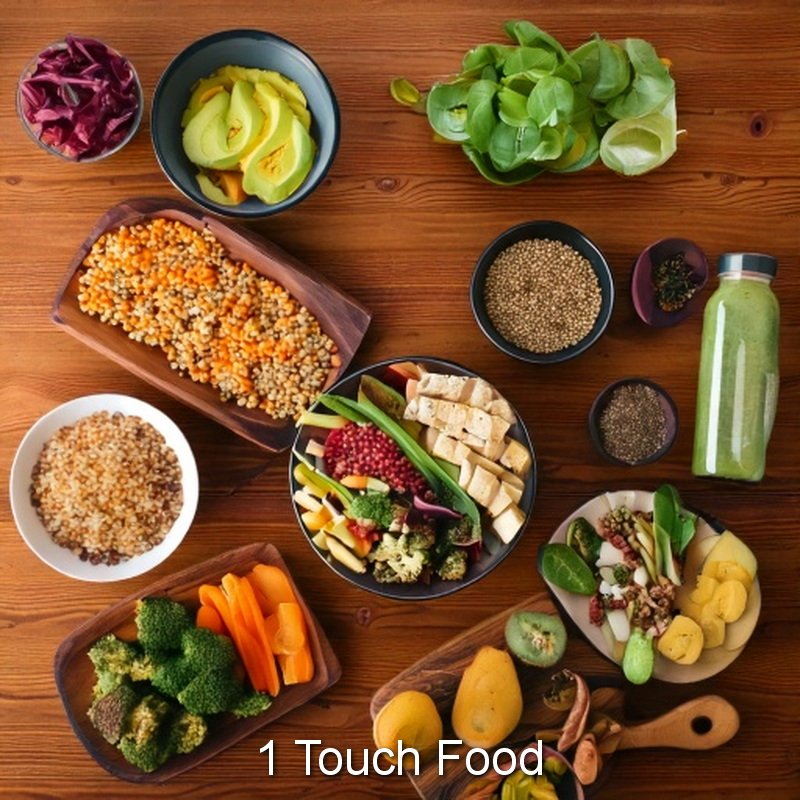


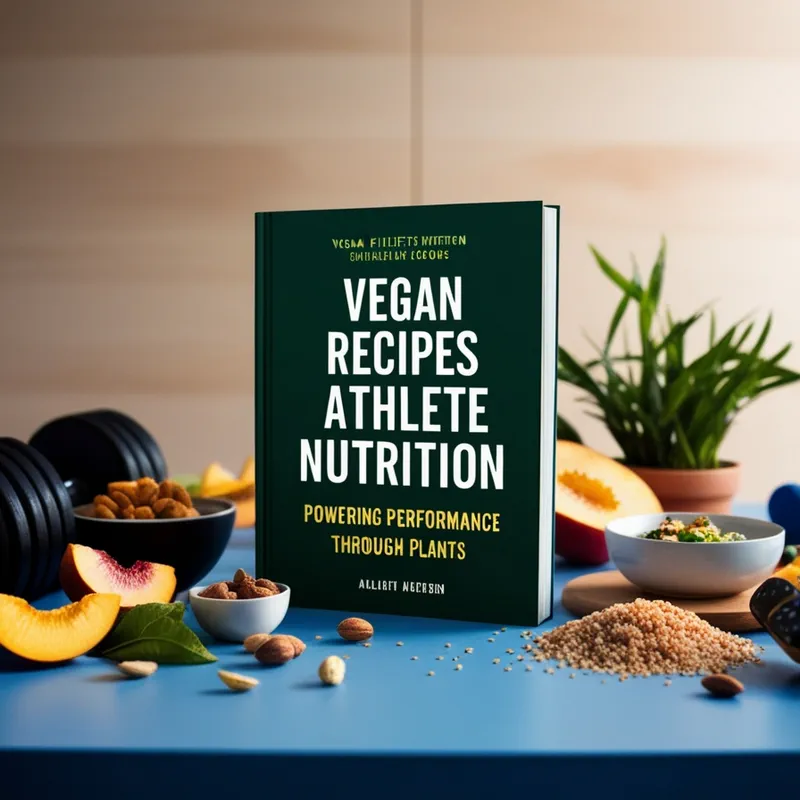
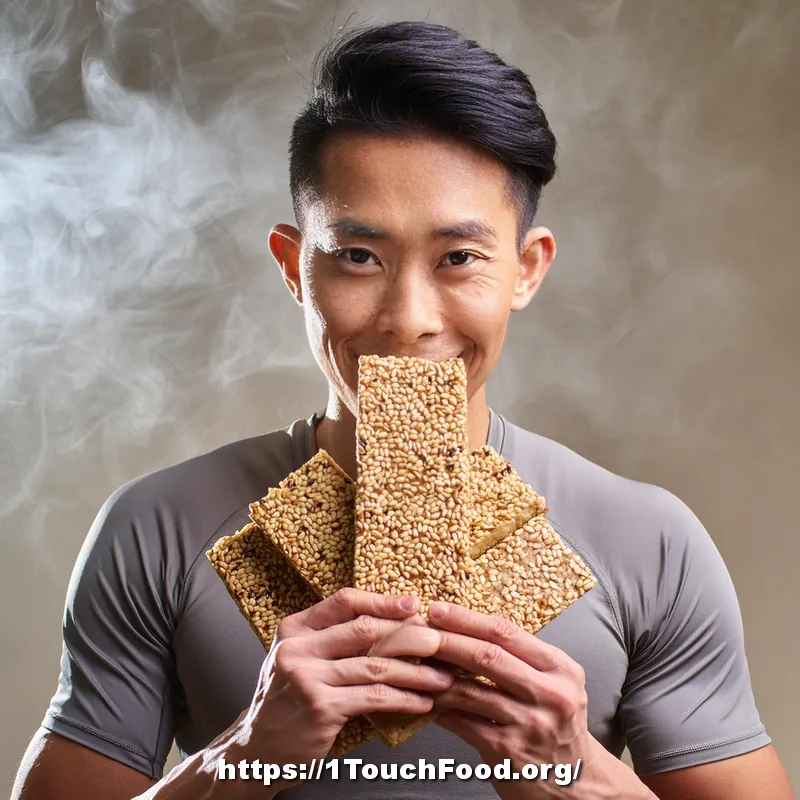



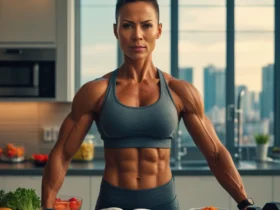

Leave a Reply